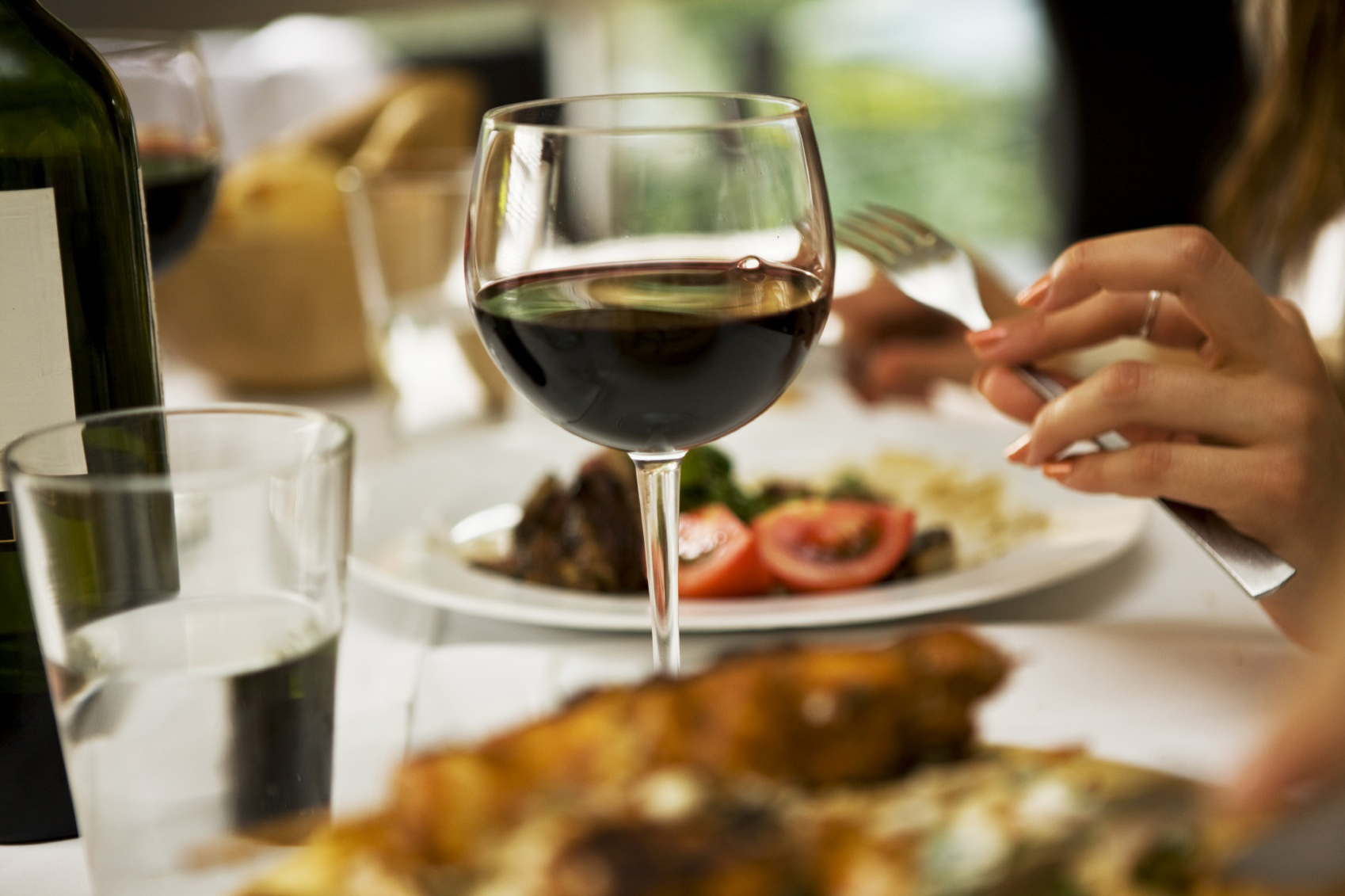40 years ago, just recently out of college and making the first rudimentary stabs at planning a European backpacking trip, it seemed to me that knowing something about wine would be good preparation.
The effort became manifested by shambolic stabs at Euro cookery, accompanied by bottles of Bolla Valpolicella and Bardolino, and wonderfully cheap Trakia cabernet from Bulgaria.
Equipped with a suitable massive red, I’d get me a beret and some Gitanes, and find my rightful place amid sidewalk cafe culture.
Of course I knew as much about wine as molecular physics, but in time a thin patina of bluffer’s knowledge was accrued. Once on the ground in Europe, beer remained my focus, and yet I quickly evolved a foolproof rule governing wine purchases in places like France, Italy and Spain: while in shops, buy the cheapest local wine without dust on the bottles.
This strategy served me well — and I got better at the cookery.
Over at the SF Chronicle, “Drinking with Esther” pitches a throwback. Does anyone remember the “French Paradox”?
I certainly do, as it was the precise point a few trips into it when I started pointing fingers at stuffed shirts at home and saying, “see? I told you so!”
One TV episode convinced America to drink wine. What happened to the French Paradox?
A single episode of television in 1991 transformed America’s relationship with wine.
The show was “60 Minutes,” and the subject of the segment was the French Paradox — the idea that a typical French diet reduced the risk of heart disease. The diet’s key components were cheese, fatty meat and, of course, red wine, which “has a flushing effect” on the arteries, researchers at the time claimed.
Today, it’s impossible to imagine a few minutes of TV having such a large impact on an entire nation’s daily habits. But the French Paradox episode drove an explosion in wine consumption throughout the U.S., marking the beginning of what would become a 25-year surge for the wine industry.
The upshot is this: wine’s unprecedented growth period has come to an end, or likely will be ending soon. At least part of the reason for this is a surge in prohibitionist sentiment citing the health detriments of beverage alcohol.
For more than three decades, the American wine trade has embraced the positive messages of wine and health, even including what to my ears is the perfectly reasonable claim that watered wine with school lunches would be better for the health of children than milk. Now the wine sector must face the backlash during the present era of internet-led health crusades.
The health question is merely one component of what’s happening to the wine industry right now. Demographic shifts, a complicated COVID hangover and competition from other products are also contributing to the sharp drop in wine drinking.
Esther (Mobley) points out that when discussing the health benefits of wine, yay or nay, Americans are merely being American: “Public opinion in America has always volleyed back and forth between drunkenness and sobriety.”
Yes, it has. And no, I haven’t changed my mind about which “side” of this debate I’m on. I have long favored moderation in most of life’s pursuits (exception: get me a lottery win and I’d travel for the rest of my life without ever stopping), and after all these years in the beer business, I still keep my eyes open to the perils of alcoholism.
But Dante’s lodging plans for prohibitionists … well, these can be saved for another day.
Previously at “Edibles & Potables,” the man behind the Judgment of Paris, which preceded the French Paradox.























